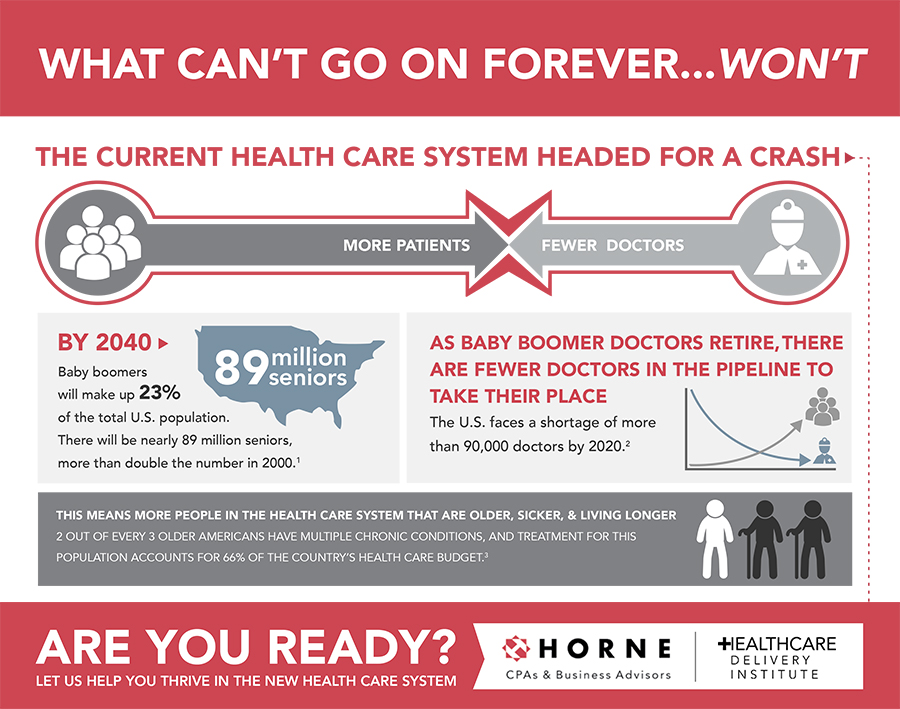2015 Challenge for Hospitals – How to Simplify and Stay Relevant
The mindset of many hospitals over the last several decades has been to be everything to everyone. There was a desire to create a complex organization offering many different services. The challenge with this organizational philosophy is multi-fold, especially for rural hospitals that find themselves funding specialty services that are low in demand, sometimes at the expense of serving more pressing needs of their community.
Hospitals might want to take a page from the Proctor & Gamble playbook that changed from offering many different products in many different sectors to a simplified offering of their most profitable and targeted product lines. You can read more about it here in an interesting post on the story and its lessons for hospitals.
Continue reading >












